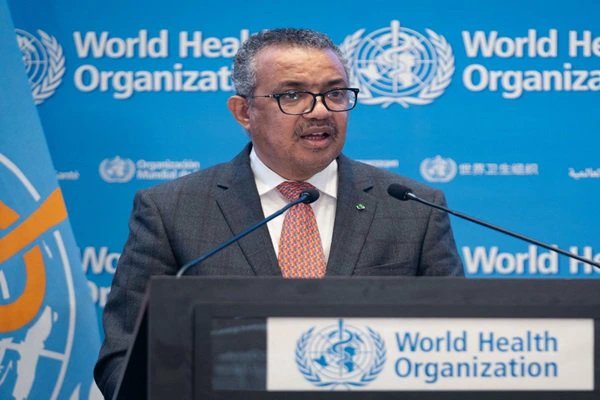News
Armed Fulani herdsmen more dangerous that boko haram

Nigeria is struggling with a conflict that is more dangerous than the Boko Haram insurgency. Armed nomadic herdsmen are now posing a deadlier threat to Nigerians than any terrorist group.
Over the last year, the threat of the Boko Haram insurgency in northern Nigeria has gradually waned, yet a more deadly and far-reaching conflict has emerged. In the last month well over 100 people across three states have been killed by suspected nomadic herders, largely from the northern Fulani ethnicity and Muslim.
The attacks this year have been incessant and brutal. In February, over 300 people died in a single attack on a community in a central state of Benue, from the herders commonly called the “Fulani Herdsmen”. In the same state, hundreds of people have been killed in several attacks since then.
Across Nigeria, reports of villages attacked by groups of armed herdsmen has led to widespread disbelief at the scale of the attacks. But along with that disbelief, a confusion as to what the causes really are. The conflict is an old one but one that has suddenly spiralled out of control.
The nomadic herdsmen have cattle but declining space to feed them on. Farmers accuse the herdsmen of using their land to graze the herders’ cattle. The herders in turn accuse farmers of killing their cattle and infringing on their rights. Herdsmen associations have complained that the land available to graze has declined, in part, blaming communities for restricting the land available to them.
The informal nature of Nigeria’s land rights before independence, and its now more legally defined nature, has been problematic for herders who previously negotiated with communities across Nigeria, and mostly peacefully. The increasing value of land has meant areas previously informally designated to the herders are now beneath airports and hotels.
Climate change has also meant that the availability of arable land to graze on is waning. While herdsmen have been present to varying degrees across Nigerian states, the pressure on land is increasing the movement and with it those pressures. Yet despite these contributing factors, the scale of the deaths incurred have created as a sense of confusion and bewilderment at how a seemingly previously contained conflict could lead to massacres.
In Nigerian press and wider society, the death toll of farmers and ordinary people in rural communities has comparisons with the Boko Haram terrorist group. The comparisons speak to the deadly impact of the crisis but also ethnic and religious sensitivities too.
For Diaspora Digital Media Updates click on Whatsapp, or Telegram. For eyewitness accounts/ reports/ articles, write to: citizenreports@diasporadigitalmedia.com. Follow us on X (Fomerly Twitter) or Facebook












